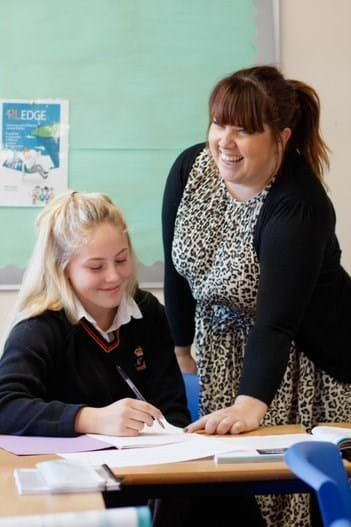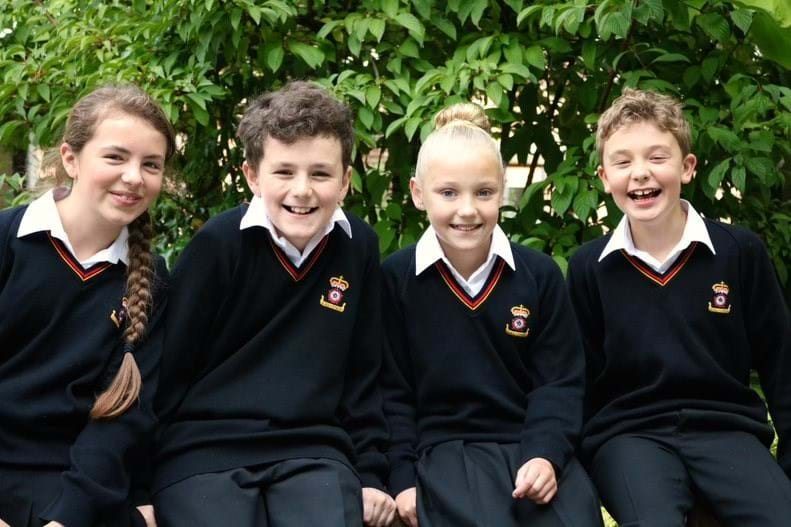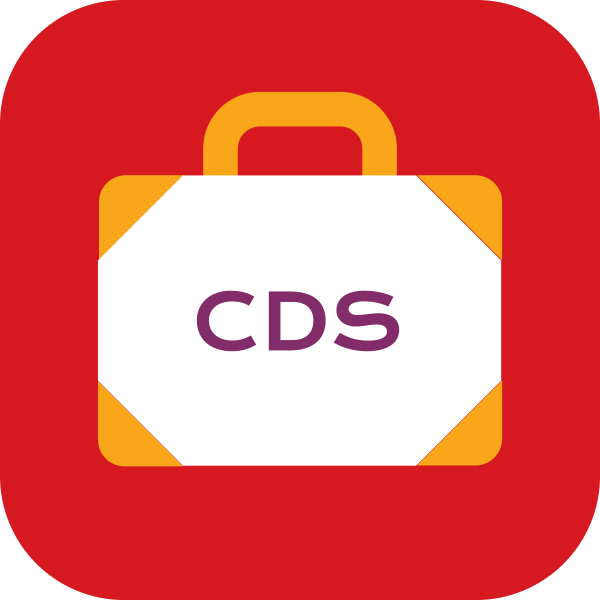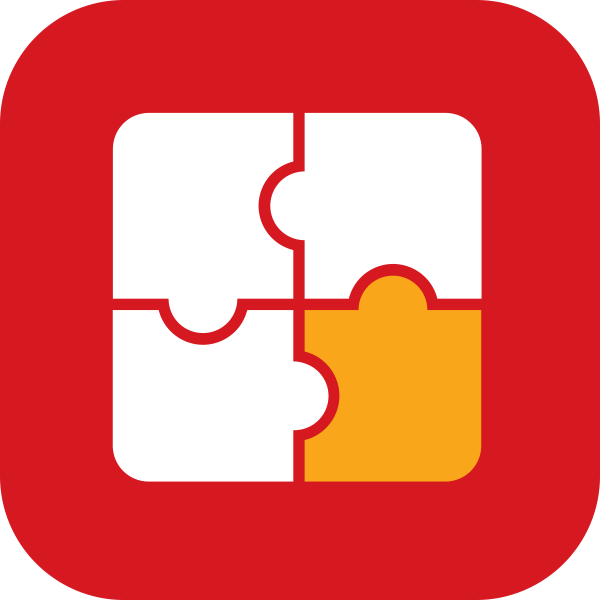“ ”

“We have a large Polish and Keralan community in Redditch, who are drawn to our Catholic ethos,” explains Matt Russell, Assistant Headteacher. “Children start in Year 5, coming from around 15 different feeder primary schools. As we straddle key stages, proving progress can be tricky so we need assessments that track improvement year on year and are nationally benchmarked. It was these requirements that led us to CDS.”
A whole pupil approach
GL Assessment’s Complete Digital Solution (CDS) is a package of 11 assessments including the Cognitive Abilities Test (CAT4), Pupil Attitudes to Self and School (PASS), and the Progress Test Series (English, maths and science). It is the latter that St Bede’s begin with during the first few days of a new Year 5 cohort.
Matt continues: “It’s crucial that we benchmark children when they join our school so that we can evidence the value we add. We use the online versions of the Progress Test Series, as we get the results so quickly and can start making an impact straightaway. If we spot any common gaps across the cohort, if their grasp of fractions is weak for example, we can immediately build that into our curriculum.
“We then re-test at the end of Year 5, 7 and 8, with a break in Year 6 as the children sit SATS. An added advantage of the Progress Test Series is that we do not have to wait to assess children who start mid-term. We have a high EAL population, who sometimes move countries, so we typically welcome eight to ten new children during the academic year.”
Strengths and weaknesses
The school has used PASS sporadically in the past, and now has plans to use it across the school to examine pupils’ attitudes to school to identify if these are creating any possible barriers to progress. “Overall, we have found that our pupils have a very positive attitude to school, and almost always score ‘green’ in the assessment’s traffic light reporting system. But there are children who surprise you.
“For example, we had one girl who was in the top sets, and seemed to be happy-go-lucky, articulate, sporty and popular. Yet her PASS results were ‘red’ throughout and very low. Once we knew there were issues, we were able to intervene. She joined a ‘Thrive Therapy’ group, which helps with managing emotions, self-esteem, and mental wellbeing. When we re-tested, her scores were all in the ‘yellow’ and ‘green’ zones.”
Having the Dyslexia and Dyscalculia Screeners on hand also helps with speedy intervention.
“We only use the screeners if a teacher, SENCo or parent has raised a concern. For example, one mother was worried her child had dyscalculia, so we were able to screen quickly and allay her fears. However, if something had been going on, we would have been able to make suitable arrangements without wasting time.
“From a SEND point of view, the assessments enable us to provide a sharper, more bespoke package of support and allow us to delve further into individual pupils’ specific needs.”
“ ”

“ ”
Peak performance
Matt has found that assessing pupils using CDS is straightforward and seen as a positive step by both staff and children. “We’ve timed the end of year assessments to coincide with the two weeks at the end of the summer term, when there are lots of activities such as productions and sports days. This means it doesn’t affect curriculum time and the pupils just come into the computer rooms, put their headphones on and get started.
“We’ve found the different reports that are generated extremely useful. We have shared results with parents and shown school governors as well as Ofsted. The reports also help us work more closely with our main feeder primary schools. I can send results related to their pupils, keeping them aware of any gaps in their learning and helping inform their future lesson planning if any patterns are emerging.
“Most importantly, we always know when we are moving in the right direction and are quick to act when this isn’t the case. For example, our assessment cycle revealed to us that our SEN pupils were not making progress at the same rate as others. Correcting the issue could then become a focus for us.”
Matt believes that, without these assessments, it would be considerably harder to monitor progress. “We would be lost in terms of being able to provide the evidence of our impact. There is nothing else that gives you such a breadth of data that can be compared year-on-year. And GL Assessment is brilliant to work with. The support is first-class. If I’ve forgotten how to do something, I very quickly get an answer.
“Overall, I think our results speak for themselves. For example, last year 90% of our cohort of Year 8s left us at or above the national expected level. When they joined us in Year 5, only 30% were there. That is the kind of headway we want to keep on making.”



